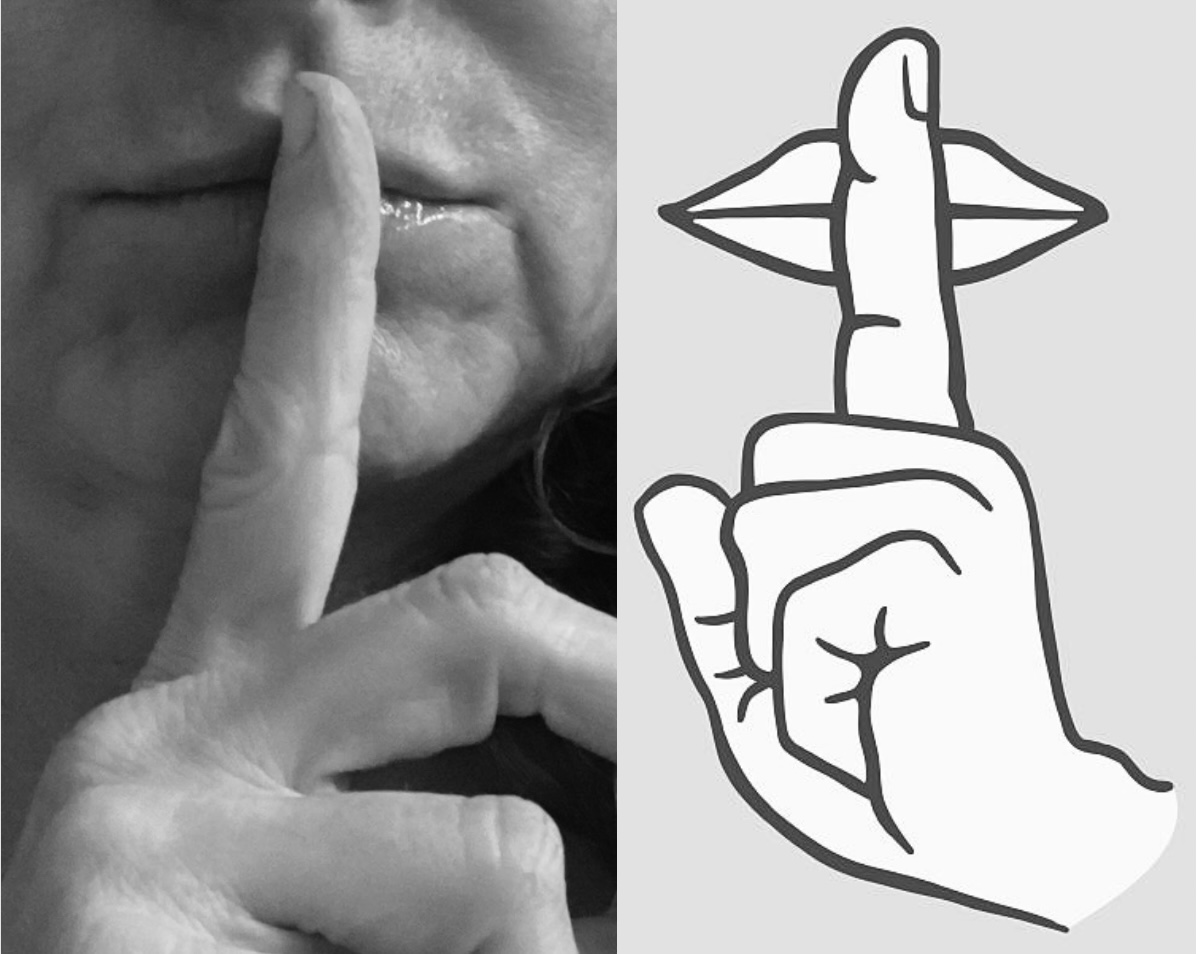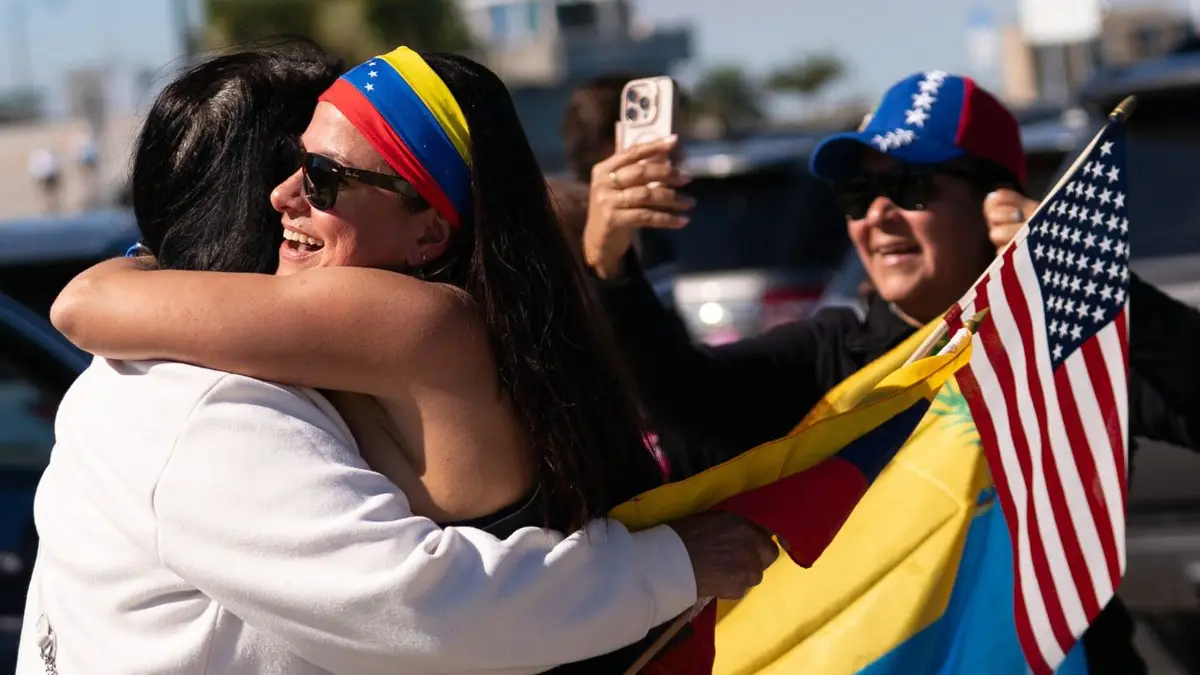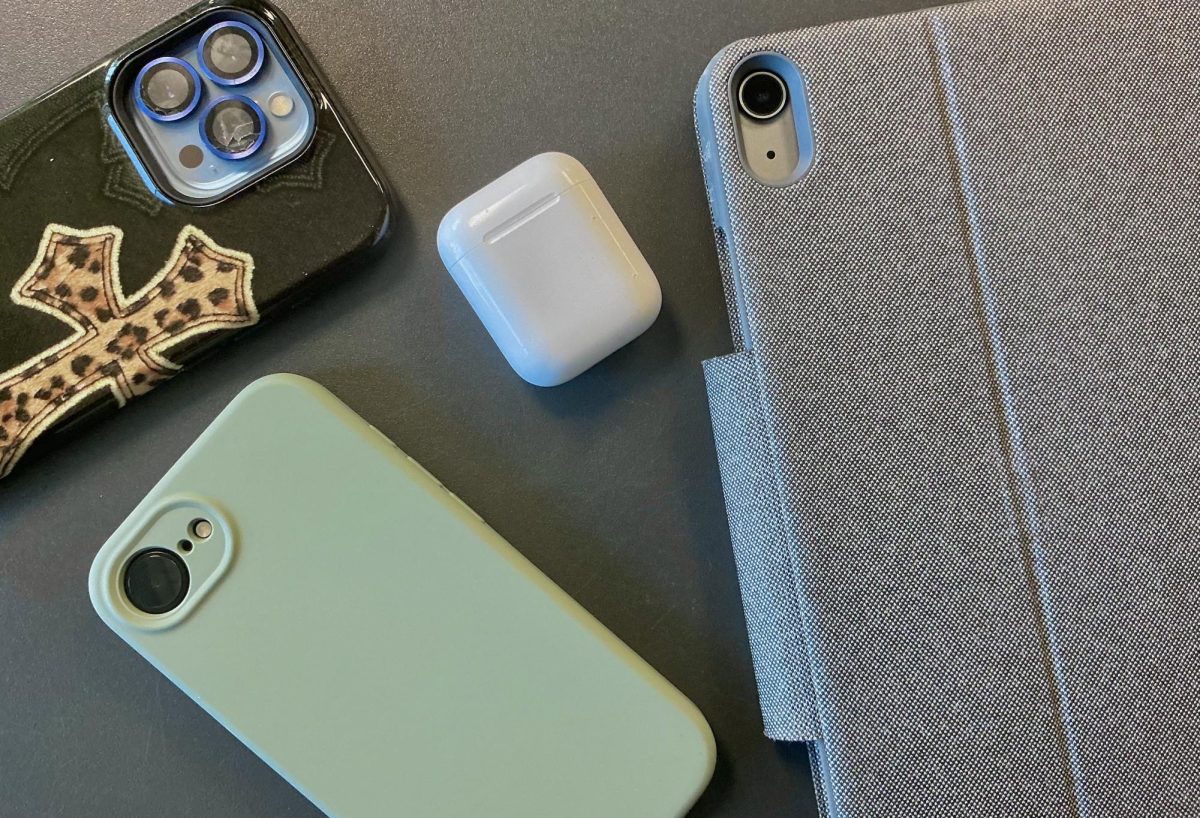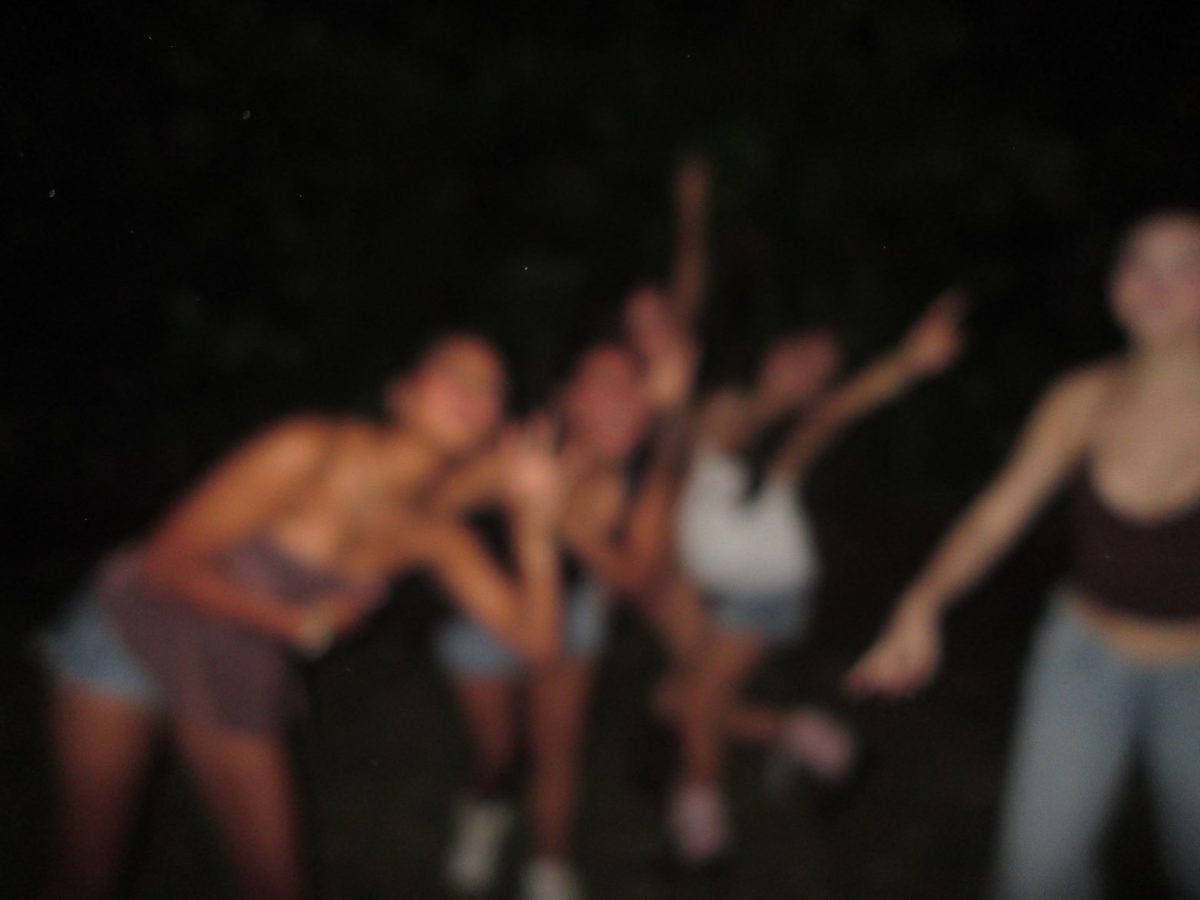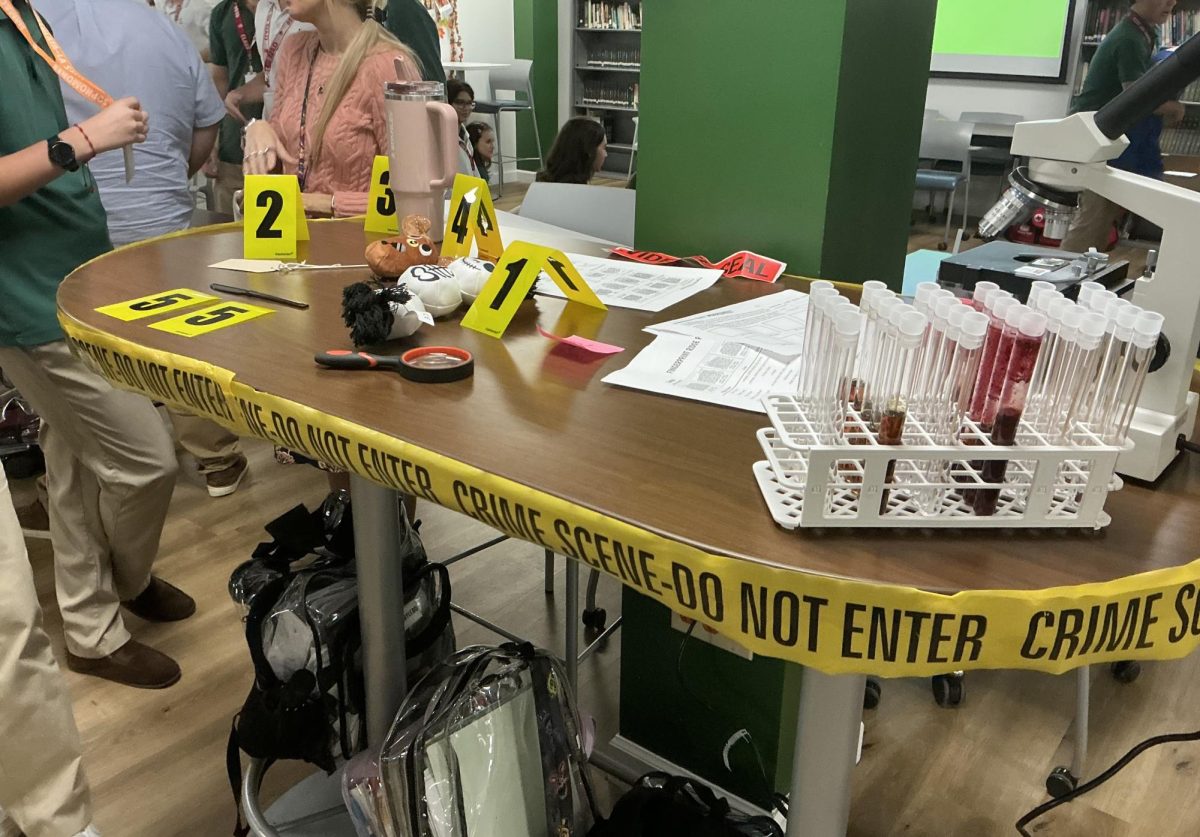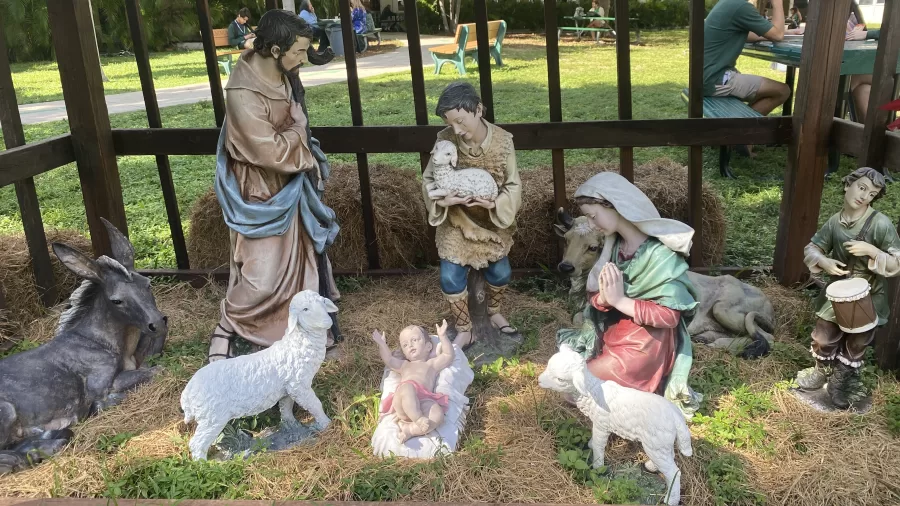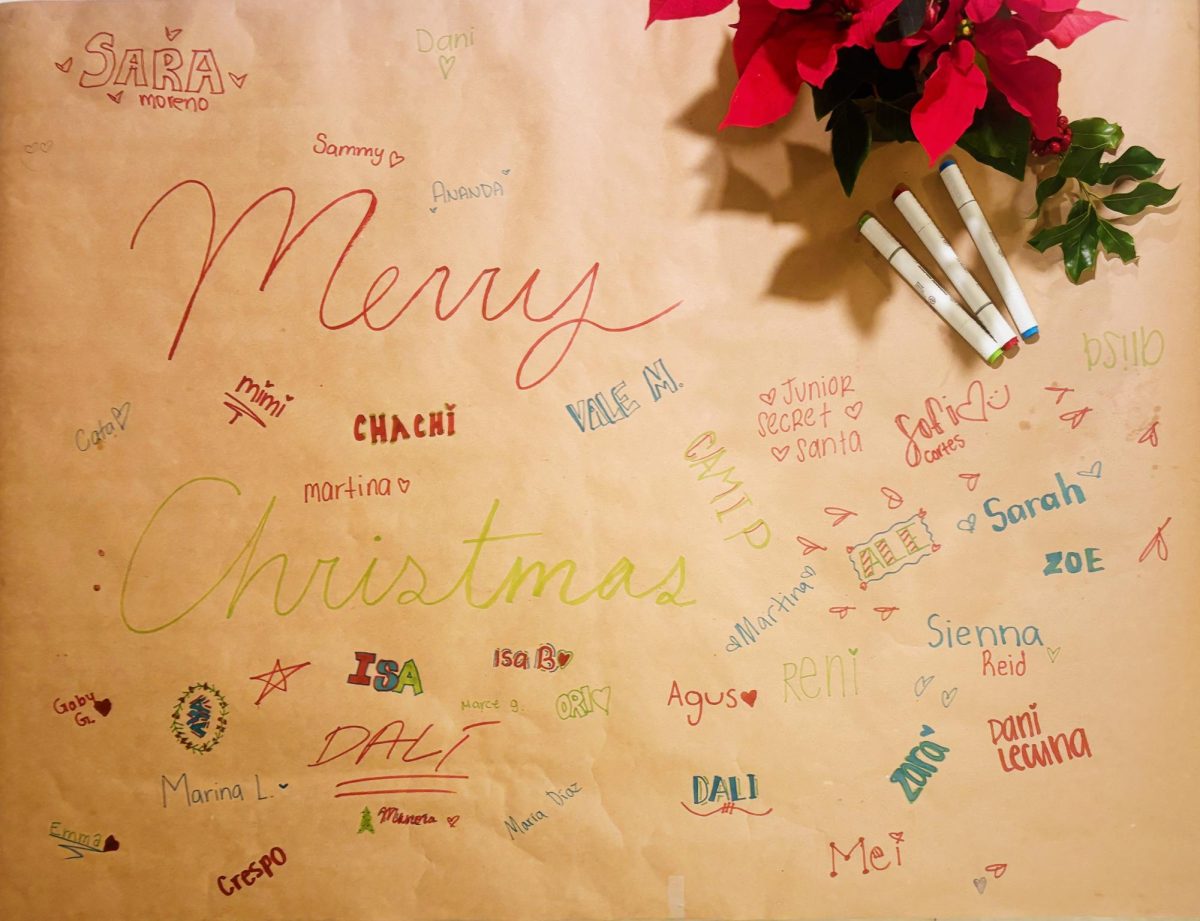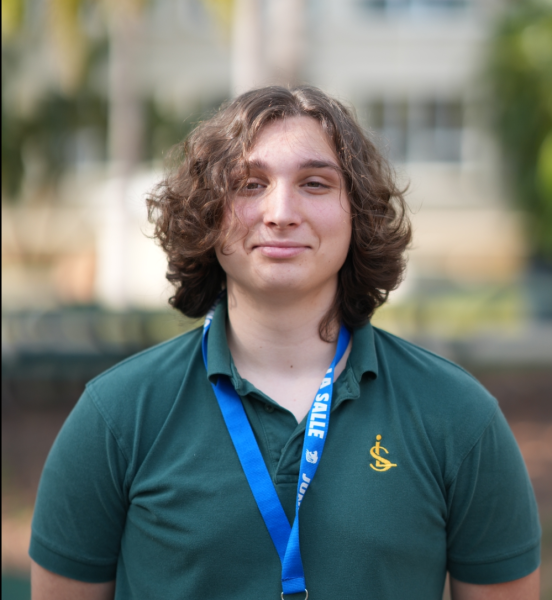With only two months away from the next presidential election where approximately a quarter of the senior class will be old enough to cast their votes November 5th, a variety of informal conversations with dozens of ILS students revealed as many as 70% were uncomfortable sharing their political opinions, while the remaining 30% were completely fine with expressing their leanings. The unscientific ratio of ILS Trump supporters to Harris supporters: 2:1.
“It’s still important to read up on your candidates because you need to vote. Know your principles when it comes to choosing a candidate. It is unlikely any candidate aligns 100% with your views,” advised macroeconomics teacher Mr. Gabriel Suarez.
This year with two very different candidates (Donald J. Trump and Kamala D. Harris) the chances that one of these matches most of everyone’s interests is unlikely. On the other hand, the alternative is to vote for a person whose beliefs do not align at all or somewhat less than average. If a person’s beliefs are mostly congruent with the current candidates, then that person should consider casting a ballot in that candidate’s favor.
According to Mrs. Lianne Rodriguez, Theater teacher, and Mr. J.C. Moya, Global Studies Chair, one’s faith should play a major role in guiding a vote, one way or the other.
“A key task of social concerns and pro-life committees is to help parishioners understand how the lessons of Scripture and the many issues facing our communities, nation and world. This task should be carried out year in and year out, but it is especially important during the year leading up to a major election,” according to The United States Conference of Catholic Bishops.
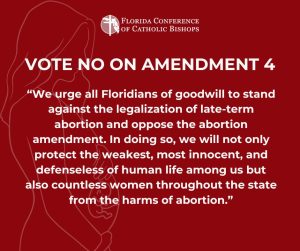
The Church itself states that it believes its parishioners should participate in each current event that comes its way which further helps students like junior Ernie Losada to understand that it is good and person’s duty to participate in events that have weight within a community, and nation.
History teachers, Mr. Cotter Lamb and Mr. Andrew Shaheen, believe that religion should stay separate from politics because the U.S. is a secular one which is interesting given that though their assertion is correct, Congress opens every single day when they are in session with a prayer. For Catholics, daily prayer is an important aspect of full spiritual life, but for others with different religious beliefs or none at all, this practice is seen in opposition to the separation of Church and State.
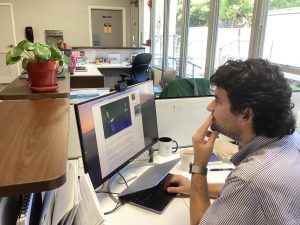
“Of course, I think young adults should vote! Why else be a citizen in a democracy if you don’t vote? ” added Mr. Moya.
In non democratic countries such as Venezuela, Iran, and Russia votes may not carry any weight, but people still cling to that hoping they may emerge with a better leader. For example in 2009, 80% of Iranians voted. While in 2008 in the US the turnout was only 57%. For many who value being an active citizen, this inaction could seem wasteful similar to throwing out a meal that could’ve helped someone in need. In this case the only person not benefiting from voting is the one who relinquished his or her democratic power.
Source:
https://www.usccb.org/resources/voter-education-and-voter-registration


